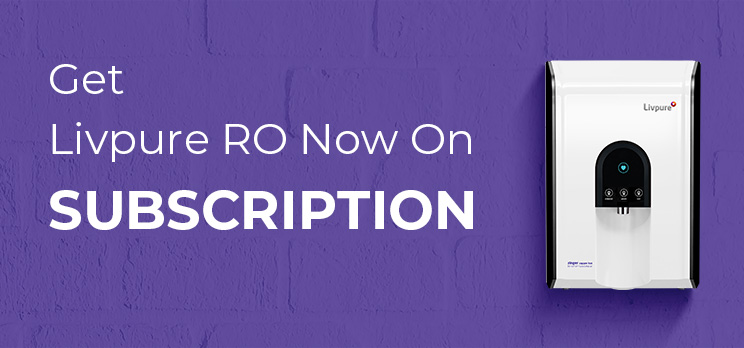Understanding the Differences Between Water Filtration and Purification
Did you know that your water could be harboring more contaminants than you realize, even if it comes from a seemingly reliable source? Enter water filtration and purification methods, which aim to tackle these issues head-on. While both processes share the common goal of improving water quality, they employ different approaches that can significantly impact the outcome. Let’s dive into the topic of water filtration and purification to understand their nuances.
Water Filtration
Water filtration employs various techniques, including biological processes, chemicals, or physical barriers, to eliminate contaminants from water. This method enhances taste, color, and overall purity by focusing on impurities like bacteria and larger particles. However, filtration may fall short in removing certain contaminants such as chemicals or viruses, leaving some risks unaddressed.
Water Purification
In contrast, water purification goes beyond filtration to remove additional contaminants that may evade filtration methods. By utilizing chemical processes instead of physical barriers, purification effectively eliminates chemicals, viruses, and biological impurities. Moreover, purification also targets minerals present in water, offering a more comprehensive cleansing approach.
Water Filtration Methods
Various water filtration methods cater to different needs and preferences. Portable filters and filter pitchers are handy for outdoor use or household drinking water. For comprehensive home solutions, under-sink drinking filters, shower filters, and whole-house filtration systems are available. Most filtration systems utilize activated carbon to facilitate an ion exchange process, effectively trapping contaminants.
Water Purification Methods
In water purification, reverse osmosis reigns supreme as the go-to method. This process forces water through a semipermeable membrane, effectively screening out particles that elude carbon filtration. Deionization and distillation are alternative purification methods commonly utilized in industries and specialized settings.
Differences Between water Filtration and Purification
| Aspect | Water Filtration | Water Purification |
|---|---|---|
| Methodology | Utilizes physical barriers, chemicals, or biological processes to remove impurities. | Employs chemical processes to eliminate contaminants beyond the scope of filtration. |
| Objective | Enhances taste, color, and purity by removing bacteria, larger particles, and some impurities. | Aims to further purify water by removing chemicals, viruses, and biological contaminants. |
| Contaminant Removal | Focuses on impurities like bacteria, sediment, and larger particles. May not remove certain chemicals or viruses. | Targets chemicals, viruses, and minerals that evade filtration methods. |
| Mineral Removal | Typically does not remove minerals, preserving essential elements like calcium and magnesium. | Removes minerals along with impurities, necessitating remineralization for balanced water. |
| Methods | Includes portable filters, under-sink systems, shower filters, and whole-house filtration. | Primarily relies on reverse osmosis, deionization, or distillation methods. |
| Application | Suitable for household use, outdoor activities, and comprehensive home filtration. | Commonly used in specialized settings such as labs, industries, and manufacturing. |
Considerations – Making Informed Choices
Choosing between filtration and purification hinges on understanding your water’s composition. A comprehensive water test from a certified lab can reveal the presence of contaminants and guide your decision-making process. Additionally, consider the impact of mineral removal on your health. While purification strips water of minerals, filtration preserves essential minerals like calcium and magnesium. If opting for purification, ensure your system includes a remineralizer or maintain a balanced diet rich in essential minerals.
Conclusion
In conclusion, the choice between water filtration and purification depends on your water quality and personal preferences. However, with the prevalence of contaminants in our water sources, investing in a reliable water purifier emerges as a prudent choice. If you’re looking for a convenient and cost-effective solution, consider renting a water purifier to safeguard your health and enjoy pristine drinking water at your fingertips.





